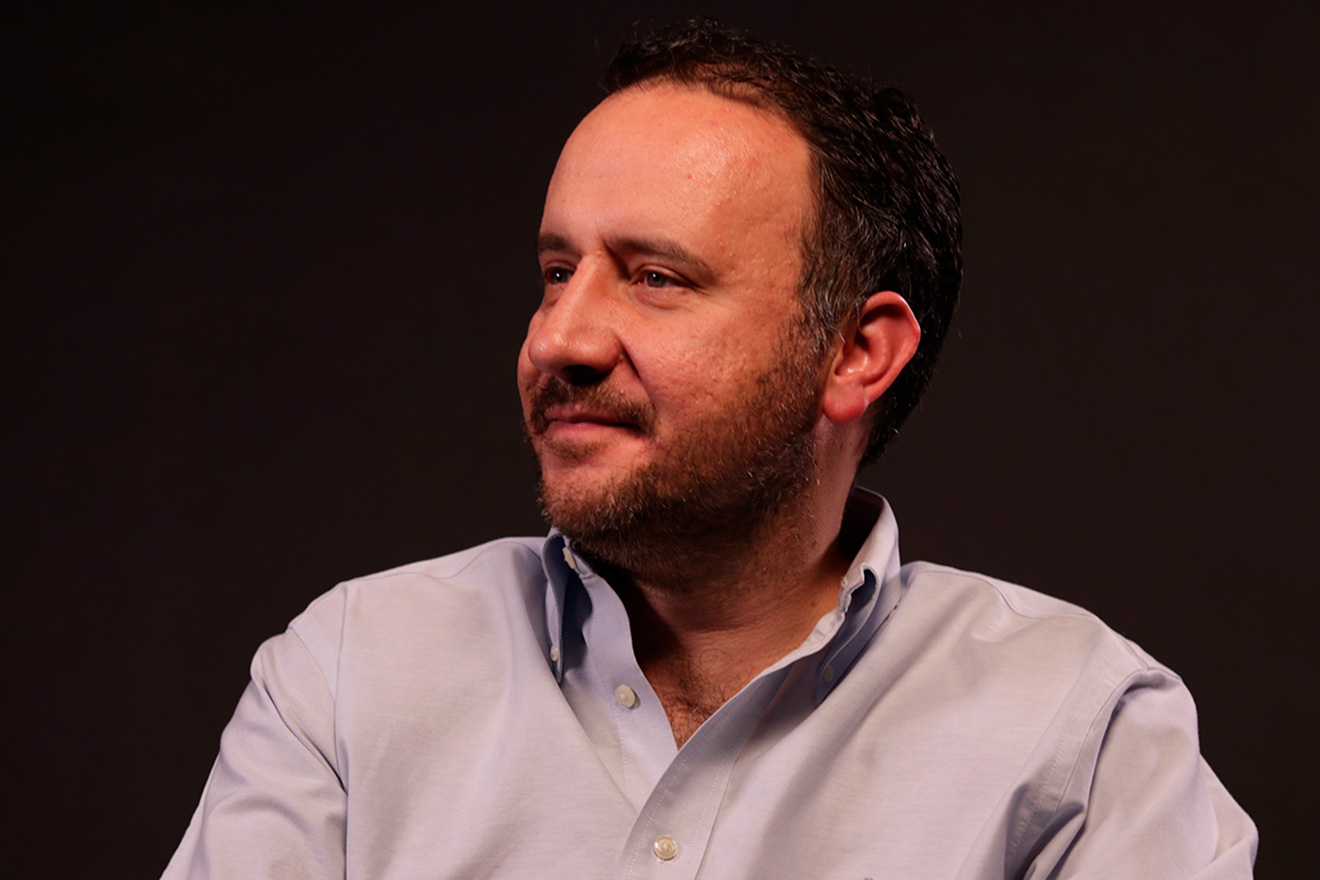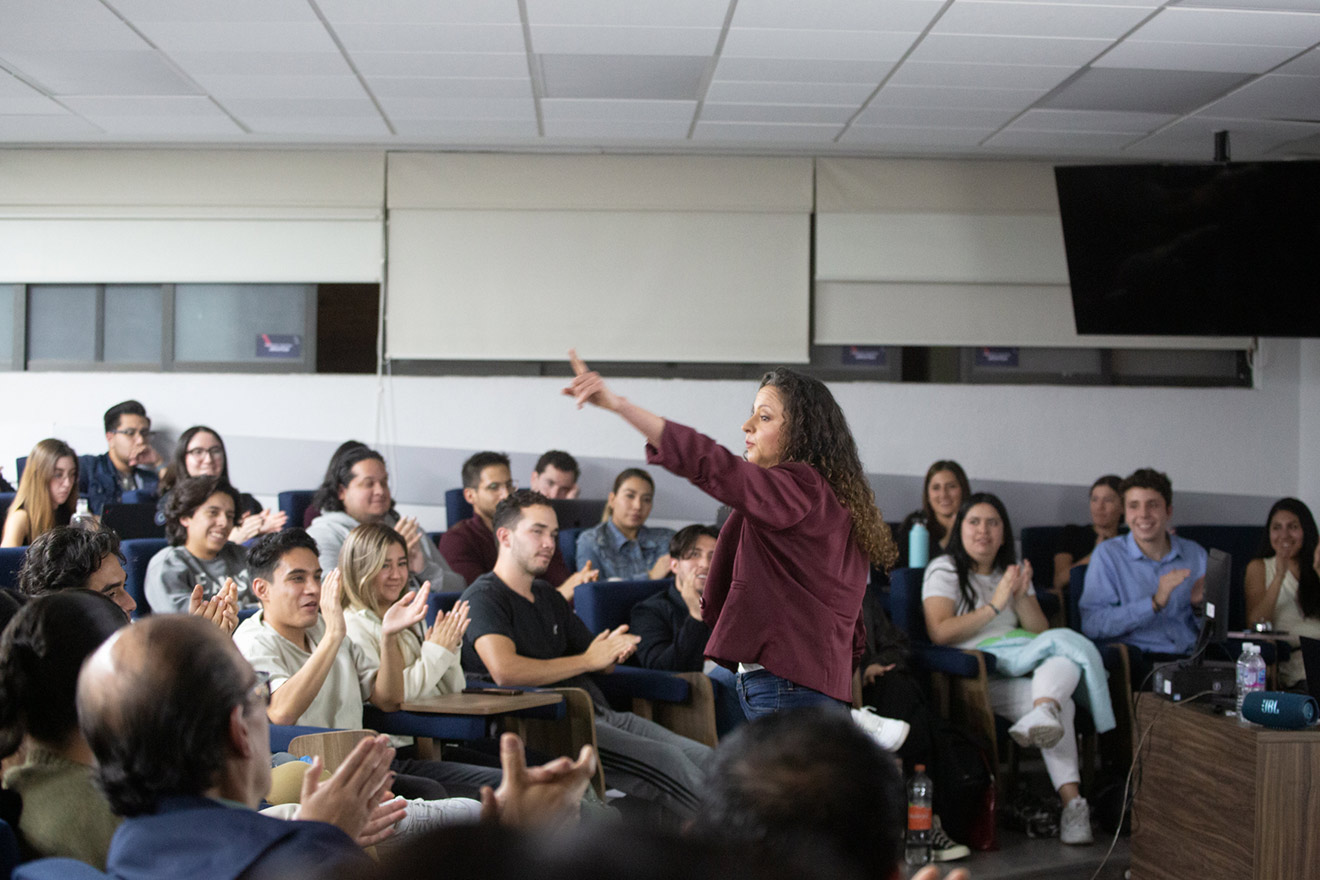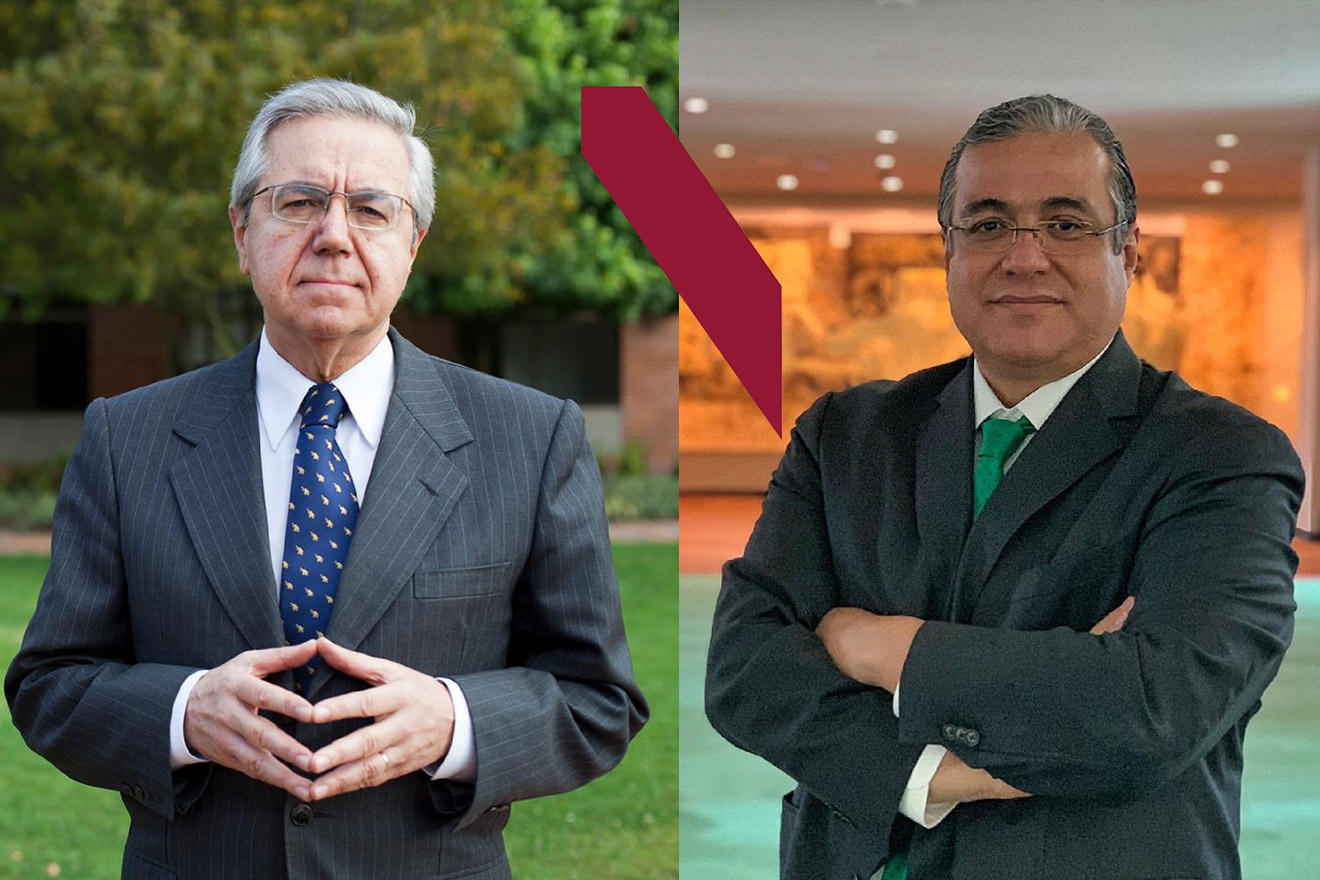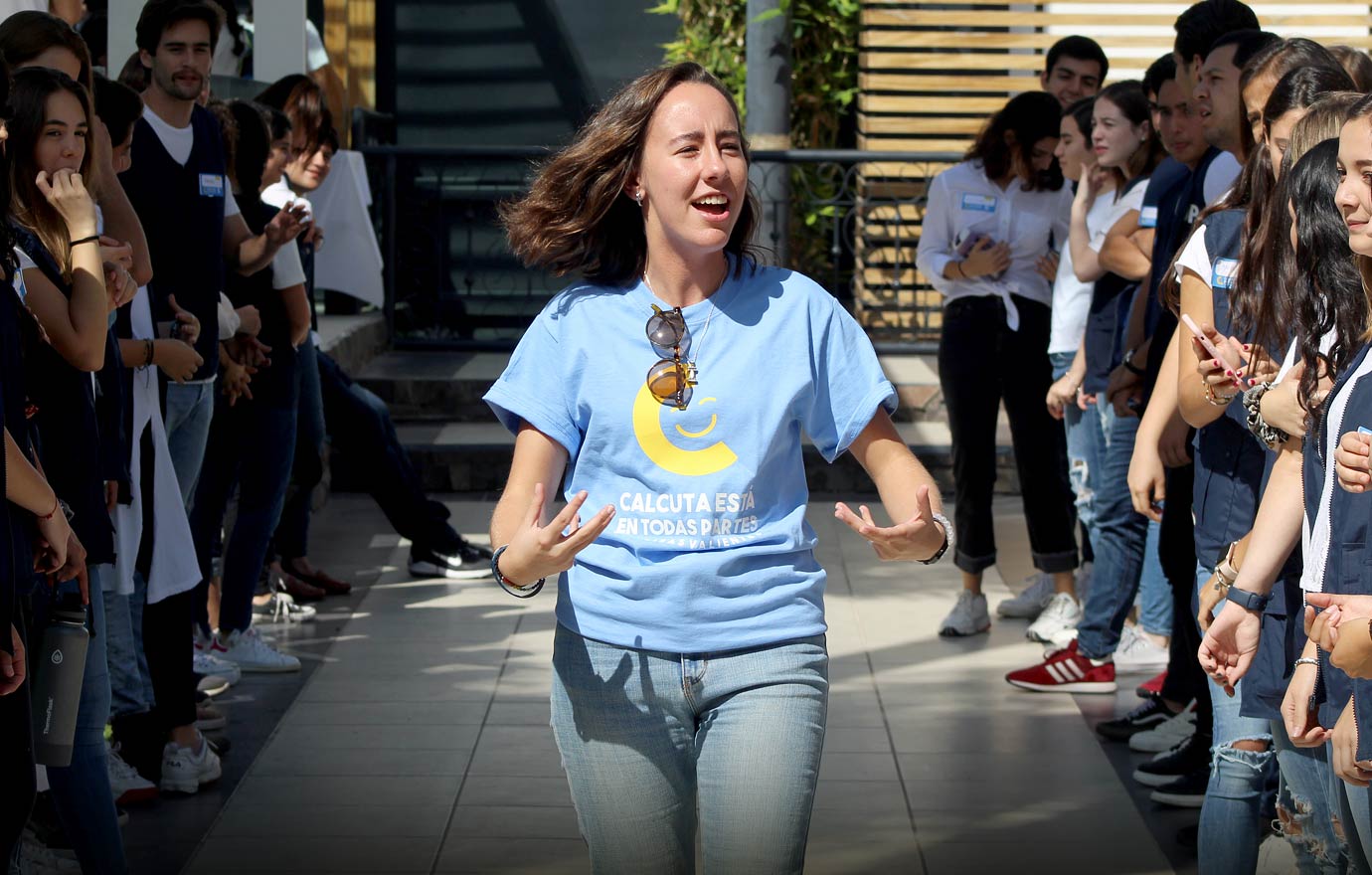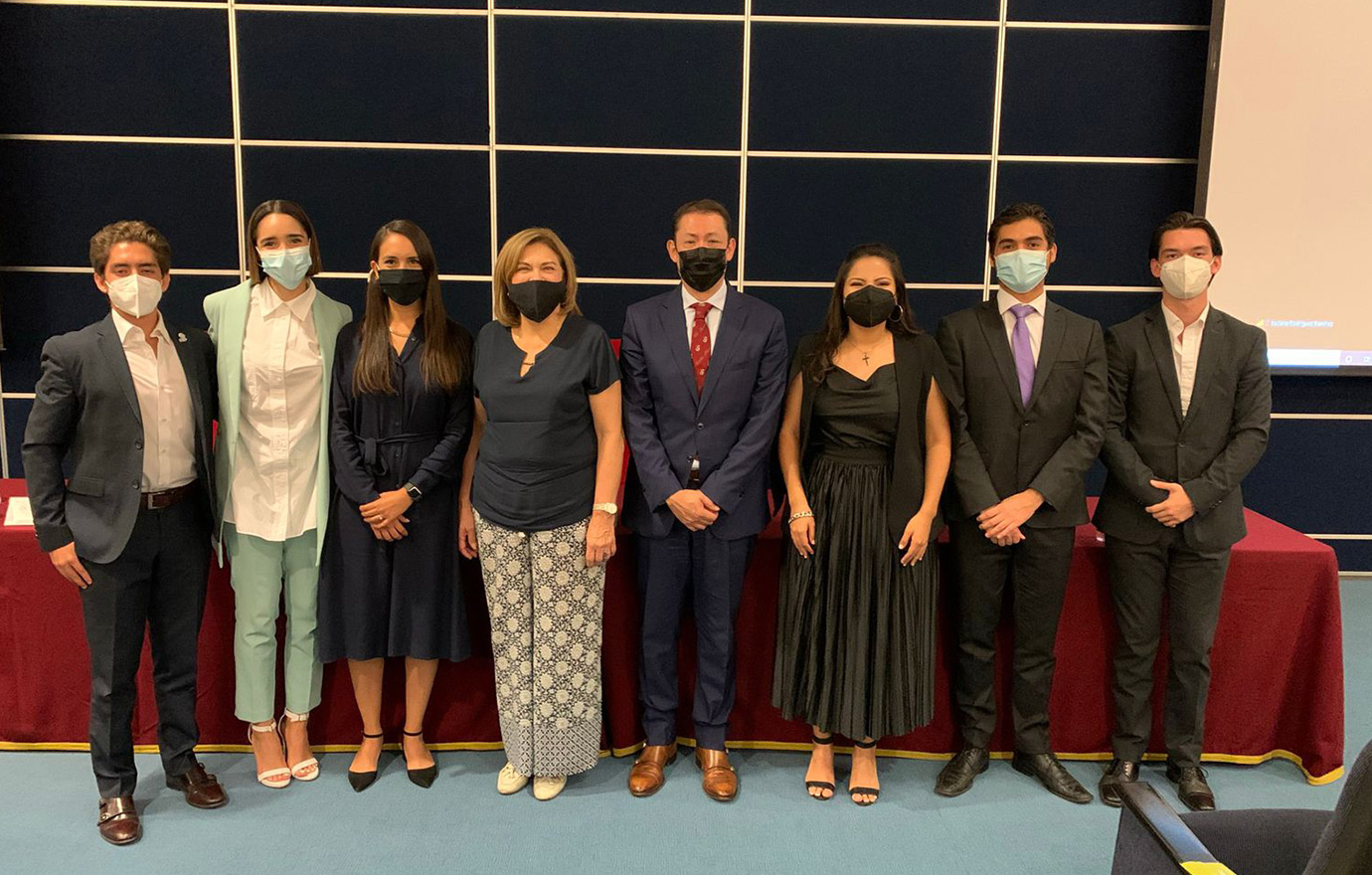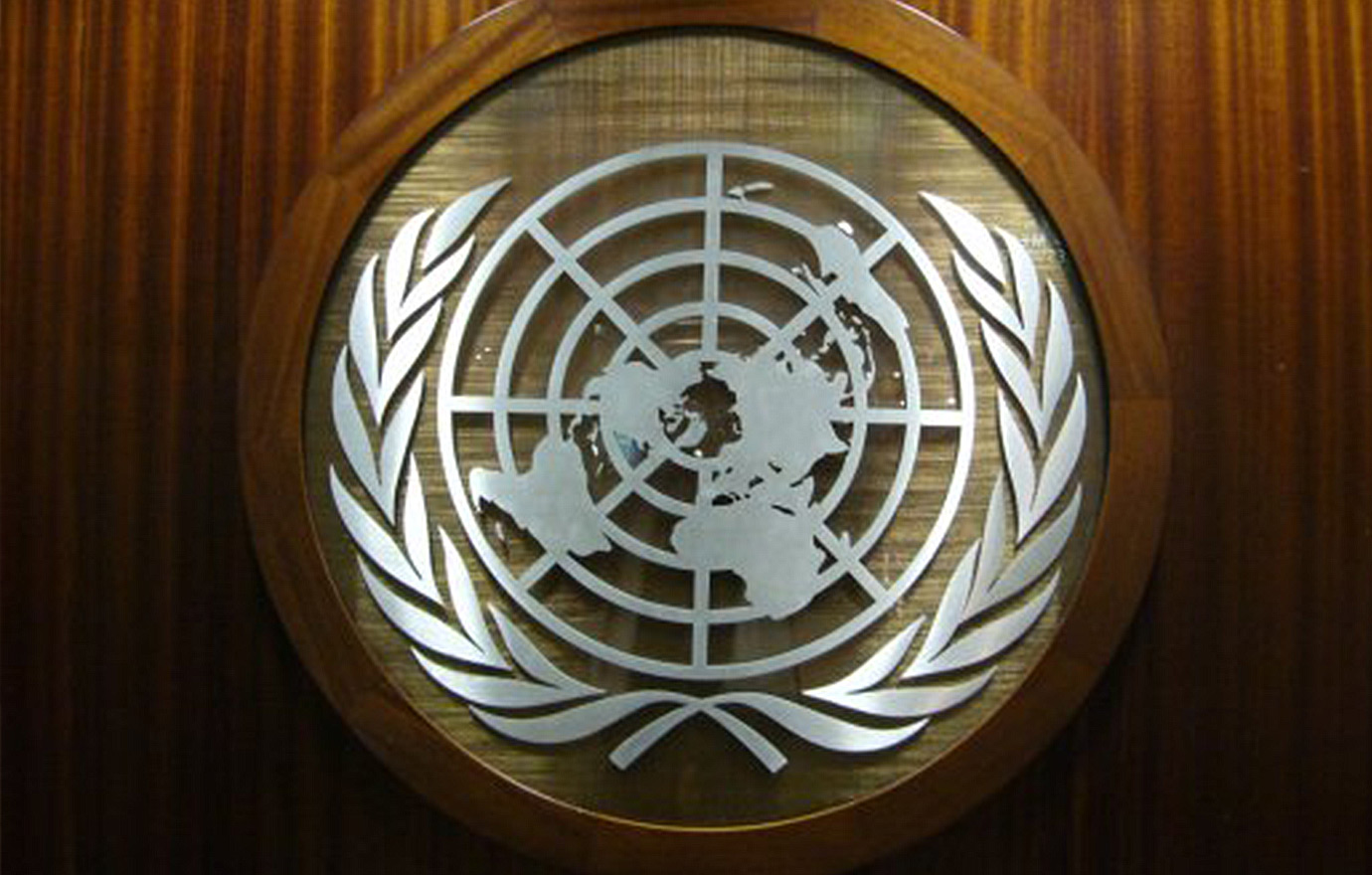Mexico City, January 25, 2023.- In order to train people to develop skills in the various fields that the labor market requires, the Universidad Panamericana inaugurated its new virtual campus and with this it started its online postgraduate programs.
During the launching event, held in the auditorium of our university, Dr. Fernanda Llergo Bay, General Rector of UP-IPADE, said: "Today is a historic milestone because we could say that we are inaugurating our first virtual campus, a campus that exceeds borders, a campus that responds to the needs of the world we are living in.
MBA Eulalio González Anta, director of the School of Business Administration, said: "In this first stage that we are inaugurating today, the Master's degrees in Taxation, Finance and History of Thought will begin on April 17, followed by the Master's degrees in Law, Education and Digital Marketing, which will last three semesters in Business Administration and four semesters in Philosophy".
He explained that these postgraduate courses will be taught in 100% online mode, with a different duration between them. In addition, they will consist of synchronous and asynchronous activities that will be adjusted to the students' schedules.
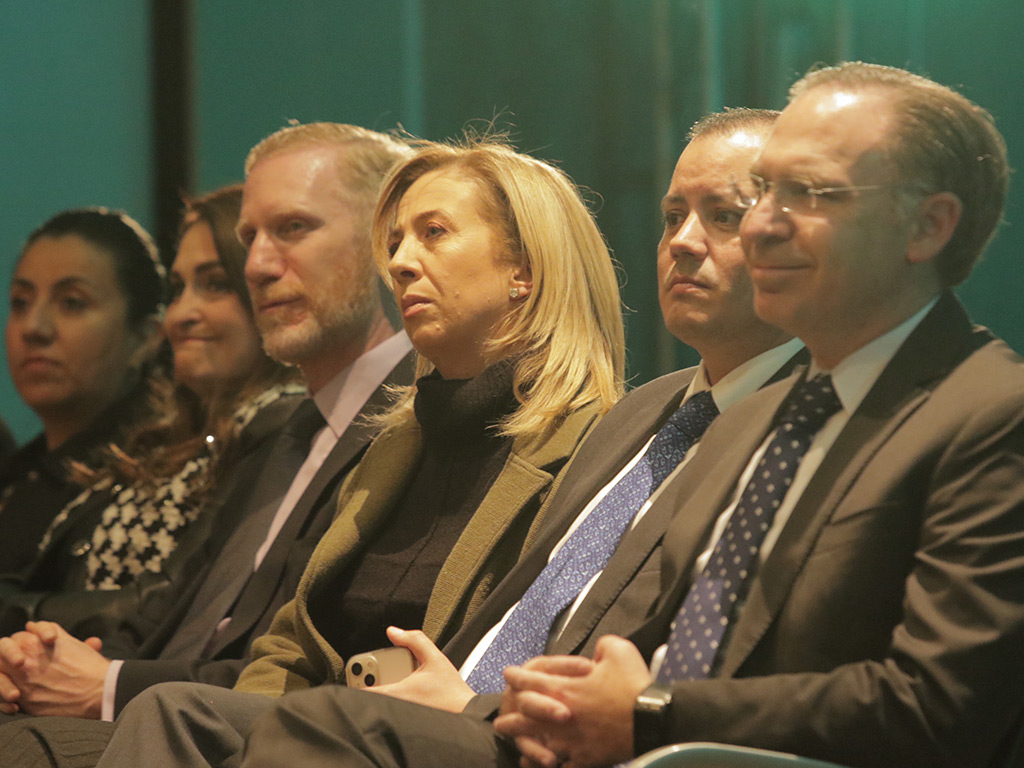
The selected programs
Afterwards, the director of graduate programs of the School of Business Administration, MBA. Jorge Arturo León y Avelar, spoke about what motivated the choice of the programs with which the online campus begins.
Regarding History of Thought, he indicated that it is part of the Pan-American identity, so it was not conceivable to start without it. In the case of Finance and Taxes, "they were chosen because they are pillars of the business area, which is a very important area within the UP," he said.
He also added: "We have also ventured into Law, another great institutional pillar; Education, which is also something that has characterized UP, and one more master's degree in Business (...). In short, I would say that it has to do with attending to each of the pillars that have characterized us (as a university) for more than 50 years".
He also pointed out that a hallmark of these programs will be their professors, since most of them have doctorates and are part of the National System of Researchers (SNI) of the National Council of Science and Technology (CONACYT), in addition to being recognized specialists in their respective industries.
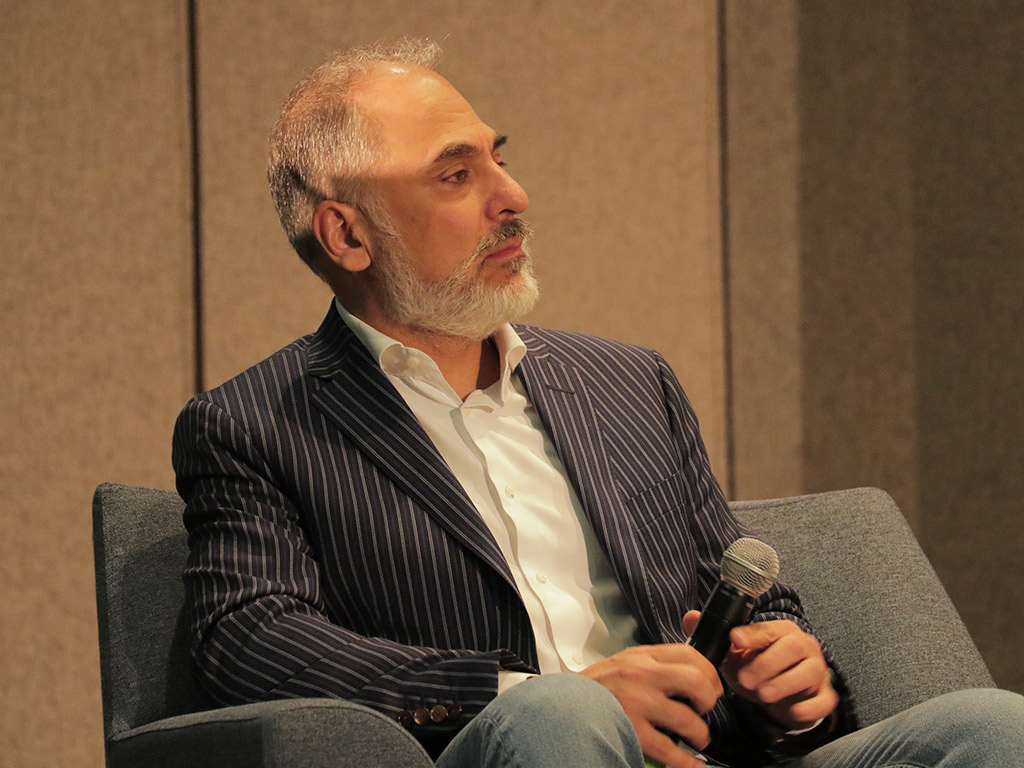
Skills for the future of work
Within the framework of the event, a panel discussion was held: Perspective on the most valued skills in the future of work.María Araiza, CEO of BIVA MX; Constantino Spas, CEO of Femsa Strategic Business; Sergio Molina, counselor of the Federal Judiciary; and the Rector General of UP-IPADE.
During this session, the panelists spoke about the experiences of each of their companies and institutions in dealing with the COVID-19 pandemic. In addition, each provided their perspective on two questions: What do digital tools entail? What has the experience been like?
María Ariza emphasized that due to the nature of BIVA, a digital brokerage firm, before the pandemic they already had protocols, personnel and infrastructure in place to face the challenge of isolation. "I believethat Mexico is today at another level thanks to technology and that is thanks to virtuality. Undoubtedly, one must always be one step ahead," he said.
He added: "What we realized with the pandemic is that life, going forward, is full of uncertainty. More than ever we have to be ready and prepared for any event, and our talent has to be up to date, flexible and adaptable to change".
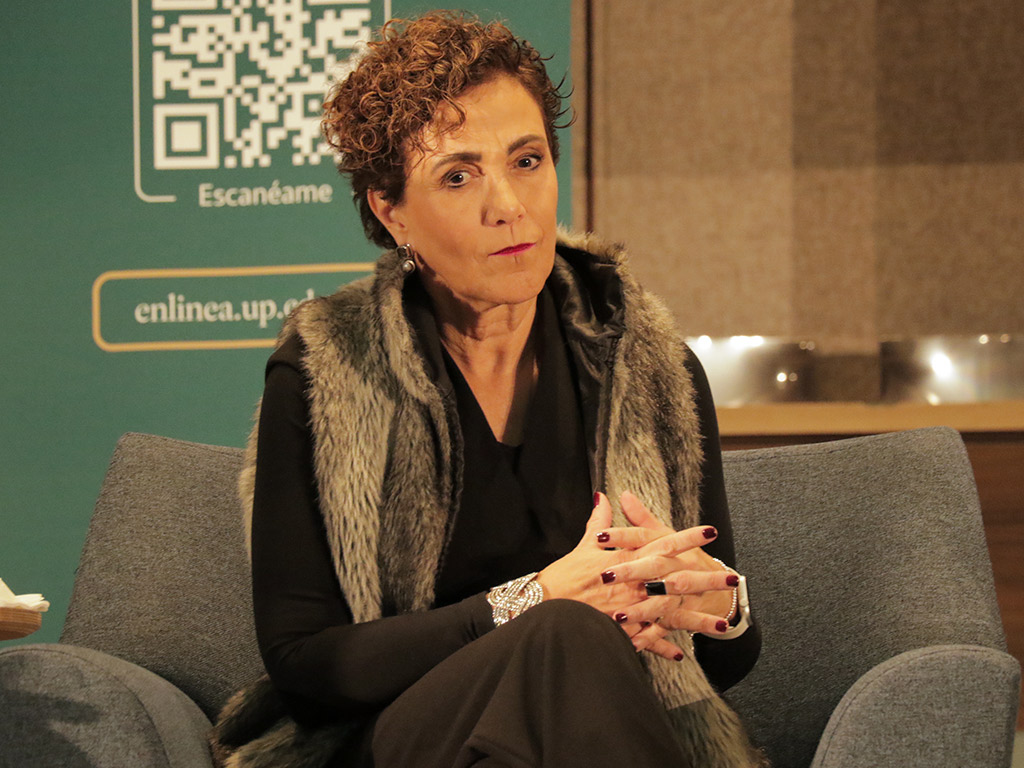
The challenge of adapting
In his turn, Constantino Spas acknowledged that the change was not easy for his company: "Although FEMSA is an organization that was not born in a digital world, but an organization that is more than 100 years old, (descendant) of well-established and very traditional companies in sectors, (...) to one day operate primarily in a virtual way in some of its functions was a challenge".
However, despite the difficulties, he acknowledged: "The pandemic was a catalyzing moment, with all the pain and misfortune it brought, it also brought an acceleration, because at one point we also worked online and with home deliveries.
For his part, Sergio Molina emphasized: "In our country, a great labor reform is already being implemented that visualizes the way in which the labor phenomenon is carried out in Mexico. In the judiciary we have been adapting to the new needs and we already have interaction and digital services".
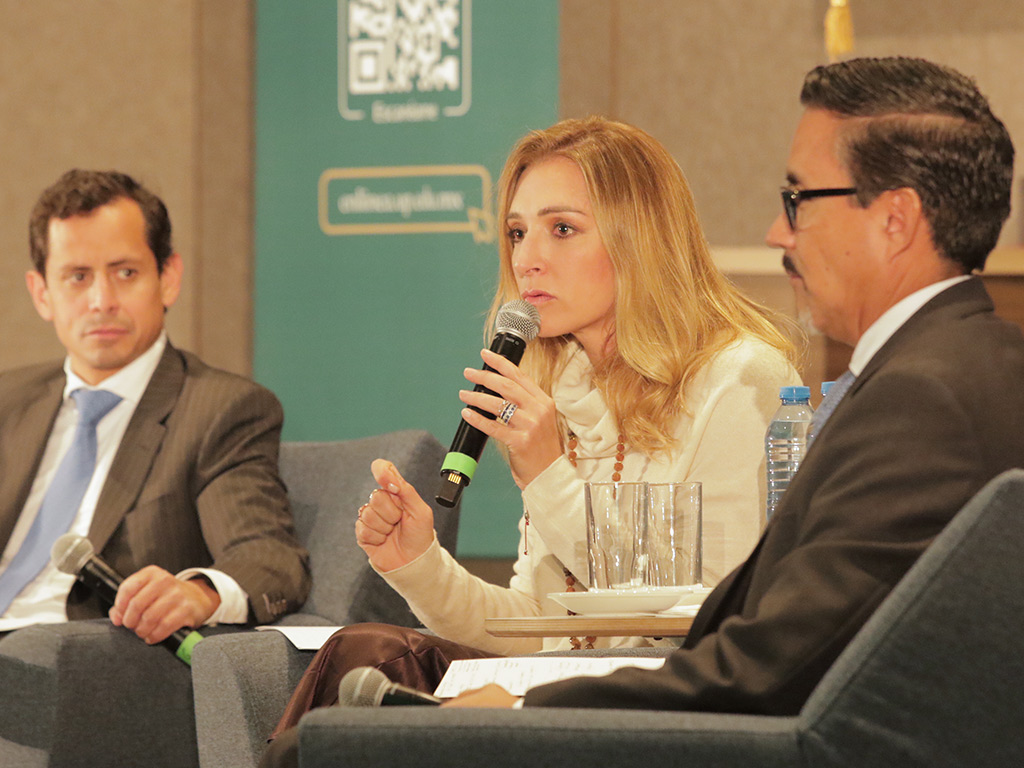
New virtual era for UP
Finally, the Rector General UP-IPADE revealed: "in general, in its 900 years of life, universities are monolithic in our management and faced with this challenge we had to adapt and as of March 20 (2020) we had to change".
He explained that, although Panamericana already had the gradual advances of its online university concept, this was planned for 2025-2026, "where we would have digitalization; and in the face of this pandemic, this program became a priority, was implemented and was the focus of work".
He emphasized that an invaluable asset of our university was its people, whom he described as "committed people". He also explained that the pandemic left a lesson: "we have to be prepared and live one step ahead. Thanks to that commitment, the university increased enrollment. In two years of the pandemic, we started nine programs on three campuses and two architecture programs.
"We grew up, we digitalized, we hyperconnected and we realized that we have to be in continuous development, humanizing it, because that is the characteristic of the UP. Today we need to have the capacity for change, agility, flexibility and a whole series of characteristics that many of the people I am seeing here today have demonstrated," he concluded.



